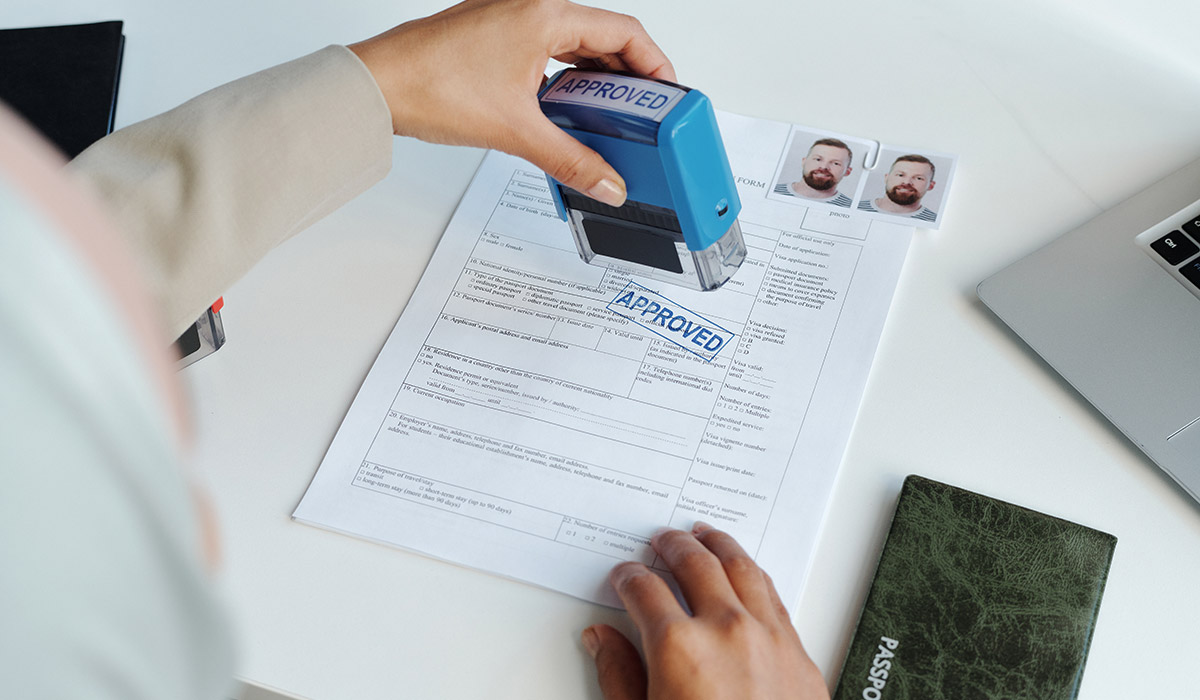 5 minutes
5 minutes Taiwan Accounting Standards Compliance: What Every Business Owner Should Know

If you’re running a business in Taiwan—or thinking about starting one—there’s something you need to know upfront: accounting compliance isn’t optional. It’s a critical part of doing business properly, and skipping over the details could cost you more than just a few missed deadlines.
Let’s be honest, accounting isn’t usually the most exciting part of entrepreneurship. But in Taiwan, staying compliant is part of the foundation that helps your company grow smoothly, gain investor trust, and avoid unnecessary trouble with the authorities. In this guide, we’ll walk you through everything you need to understand about Taiwan’s accounting system in a language that actually makes sense.
Why Compliance Really Matters in Taiwan
First things first: why is accounting compliance such a big deal in Taiwan?
Well, Taiwan has a pretty structured and transparent business environment. The government expects all companies—local or foreign—to maintain clean, accurate, and timely financial records. These aren’t just for tax calculations; they form the basis of everything from annual audits to loan applications to merger deals.
Being compliant doesn’t just keep you legal—it positions your business as trustworthy and serious. That’s a big deal in a market that values long-term relationships and clear communication.
Understanding Taiwan’s Accounting Standards
So, what accounting standards are used in Taiwan?
Taiwan follows a system closely aligned with International Financial Reporting Standards (IFRS)—which is great news if you’re already familiar with international practices. But there’s a local flavor to it too. The system is divided into two main tracks:
- IFRS (Full version) – This is required for publicly listed companies, or businesses preparing to go public. It’s comprehensive and meant for larger enterprises.
- Taiwan-IFRS (TIFRS) – This is a simplified version adapted for private companies and SMEs. It keeps the core of IFRS but is more manageable for smaller organizations.
Knowing which version applies to you is important, because it affects how you prepare your financial statements and what you’re legally responsible for.
What Financial Reports Are You Required to Prepare?
Every registered business in Taiwan is required to maintain financial records and submit annual financial statements. These aren’t just internal documents—they’re part of your legal obligations.
Here’s what you’ll typically need to prepare:
- Balance Sheet – A snapshot of your company’s assets, liabilities, and equity.
- Income Statement – Shows your revenue, expenses, and profit over a period.
- Cash Flow Statement – Tracks the actual flow of money in and out of your business.
- Statement of Changes in Equity – Shows any changes in your capital or retained earnings.
- Notes to Financial Statements – Additional details or explanations for the numbers above.
All of these reports need to be:
- Prepared in Traditional Chinese
- Reported in New Taiwan Dollars (TWD)
If your records are originally in English or another language, they must be translated and properly formatted for submission.
Will You Need an Audit? Here’s How to Know
Not every business in Taiwan needs an audit—but many do. The government has set clear thresholds that determine whether your financials must be audited by a certified accountant.
You’ll need to undergo an audit if any of the following applies:
- Your paid-in capital is TWD 30 million or more
- Your annual revenue is TWD 100 million or more
- Your company has more than 100 employees
- You’re listed on the Taiwan Stock Exchange, or planning to be
If you meet any of these, your financial statements must be audited annually by a licensed CPA in Taiwan. Once done, you’ll need to submit them to the Ministry of Economic Affairs (MOEA)—usually by the end of May following the financial year.
Bookkeeping & Filing Obligations: What You’ll Need to Do Regularly
Compliance doesn’t just happen once a year. In Taiwan, it’s an ongoing responsibility. Here’s a look at your regular accounting and tax duties:
Monthly or Bi-Monthly
- VAT (Value-Added Tax) Filing: Most businesses must file VAT returns either monthly or every two months, depending on their size and industry.
- Withholding Tax Reports: If you pay salaries or service fees, you’re responsible for withholding taxes and reporting them.
Annually
- Income Tax Return: This must be filed by the end of May for the previous year.
- Annual Business Report: Filed with the MOEA, including your audited (if required) or unaudited financials.
- Profit Allocation & Dividend Declaration: If applicable.
All your accounting records must be kept for at least 5 years, either in digital or physical form.
Why Working with a Local CPA Is a Smart Move
Here’s the truth: Taiwan’s accounting and tax regulations are well-organized, but they can also be complex—especially if you’re not fluent in Mandarin or not used to local business culture.
That’s why most foreign-owned businesses and even many local ones choose to work with a Taiwanese CPA firm. Here’s how they help:
- Translate and prepare your financials correctly
- Ensure compliance with either TIFRS or IFRS
- Keep you updated on regulation changes
- Handle your monthly tax filings accurately and on time
- Support you during audits or inspections
Think of them as your compliance safety net. They’ll keep you out of trouble and help you avoid fines or costly delays.
What Happens If You Don’t Comply?
Let’s not sugarcoat it—non-compliance has real consequences.
If your company fails to file reports on time or submits incorrect financials, you could face:
- Monetary penalties
- Interest charges on unpaid taxes
- Loss of business license
- Restrictions on foreign exchange transactions
- Even potential legal issues if the errors are seen as intentional
In short, keeping your accounting in order is way cheaper than cleaning up after a mess.
Taiwan Is Embracing Digital Accounting
Good news—Taiwan is moving fast toward digital business systems. If you’re just starting out, it’s a great time to set up cloud accounting tools, electronic invoicing (e-invoices), and automated tax systems.
The government even encourages this by offering incentives or simplified processes to companies that go digital.
With the right tools in place, you’ll be able to:
- Track your finances in real time
- File taxes faster and with fewer errors
- Store records securely and access them on the go
- Collaborate more easily with your accountant or compliance team
Conclusion
Let’s wrap this up. Whether you’re launching a local company or setting up a branch of a foreign entity, one thing is clear—accounting compliance is not just paperwork. It’s part of being a responsible, long-term player in Taiwan’s business world.
By understanding the basic rules, preparing the right financials, and getting local support when needed, you’re setting your business up for success. Don’t wait until something goes wrong—build compliance into your operations from day one.
Related Posts




















